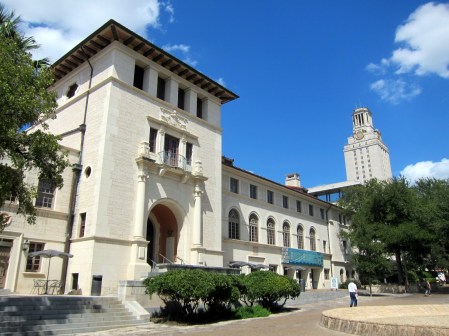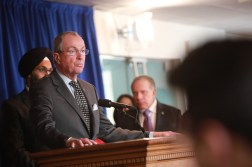Marquette U. to expand computer science access for local K-12 district

Researchers at Marquette University, a private institution in Milwaukee, Wisconsin, will work to promote computer science education among public school teachers after receiving a $2 million grant from the National Science Foundation, the university announced Monday.
The research effort, led by Marquette computer science professor Dennis Brylow, will expand computer science curriculum in Milwaukee Public Schools with the goal of improving access to computer science education in the region.
“This new effort aims to strengthen the existing computer science coursework we’ve helped launch in MPS over the past five years into clear K-12 curriculum pathways,” Brylow said in a press release. “[The new effort also scales] out to many more of the schools that still have no access to this important subject area.”
Access to computer science classes in K-12 classes is critical for students who may want to pursue careers in science, technology, engineering or mathematics fields. However, only 42 percent of public high schools in Wisconsin teach computer science, according to Code.org.
“[Computer science] education is vital for students that want to take a path towards a STEM career, a choice that should available regardless of class,” Iqbal Ahamed, the chair of Marquette’s computer science department, said in a press release. “Marquette, as a university, is dedicated to contributing to the advancement of knowledge. This grant continues to carry that mission outside the university in service to the community.”
Under the grant, Brylow will lead a team of researchers on an effort that will examine some of the key obstacles to computer science equity and explore questions about how exposure to computer science can affect students. The researchers will look at when students were exposed to computer science, why execution of initiatives are so unevenly effective in different parts of the city and how to strengthen computer science education in an urban school system.
The latest $2 million grant from NSF is not Brylow’s first experience at increasing computer science exposure. The professor previously worked on a $1 million NSF grant that aimed to offer computer science professional development opportunities to more than 1,850 K-5 teachers. That effort affected more than 67,000 students over five years.
“Dr. Brylow has done a tremendous job expanding access to computer science education, and this grant will only further those efforts,” Ahamed said in a press release.
The grant starts Oct. 1 and will fund the project for four years.




